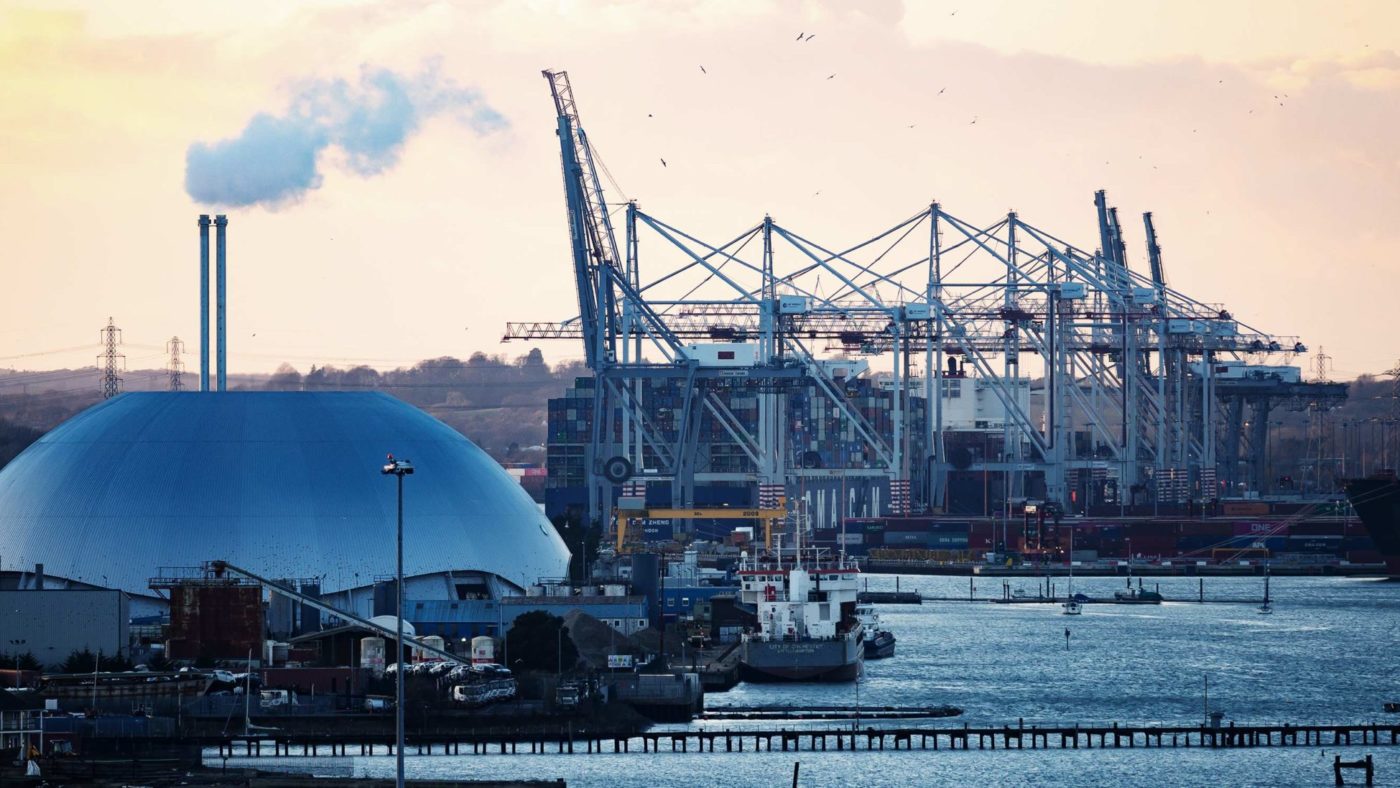On Friday, the UK will leave the European Union and has already embarked on a parallel set of major trade negotiations with the EU and the United States. Focusing on trade deals with one or two major economies or economic blocs at a time is a sensible approach. The challenge will be which other trade blocs to focus on after the initial deals, given the increasingly fragmented nature of global trade. But a world of overlapping trade blocs also offers opportunities for the UK.
The multilateral trading system under the World Trade Organisation (WTO) has been accompanied by the rapid growth of regional trade agreements, of which there are 303 spanning the globe. This is in part due to the slow progress of trade liberalisation since the stalled Doha Round launched in 2001, which has led countries to focus on securing more open markets on a regional or bilateral basis.
The other development, notably since the millennium, is the emergence of major economic blocs. The rise of China is well known. When it joined the WTO in December 2001, it exerted an economic pull that led it to become the world’s largest trader within two decades. The creation of the European Monetary Union in 1999 and the further integration of the EU Single Market introduced an economic bloc that is the largest in the world. The growth of emerging markets, led by Asia, has led to these economies accounting for a larger share of world GDP than advanced economies for the first time a decade ago.
The dominance of the US as the main engine of growth in the post-war period has been replaced by a multi-polar world economy, albeit one in which the US remains a dominant economy.
But, it is not the only one. The 21st century world economy is characterised by several major economic blocs, membership of which confers preferential trade terms not available to those outside the bloc. The 10 nations of ASEAN (Association of Southeast Asian Nations) have formed a single market (AEC) which rivals the EU in terms of population, with each covering about 500 million people.
These sizeable consumer markets position the AEC and EU as important blocs vis-à-vis the US, as well as the billion-plus population nations of China and India. Emerging trade blocs in Africa, Latin America and the Middle East, as well as informally within the Commonwealth, also reflect a desire of countries, especially smaller economies, to join together to increase their market size so they too can better compete with these giant economies. Affording their firms greater economies of scale by being able to preferentially access a larger trade bloc means a country small in population can compete well.
For the UK post-Brexit, positioning itself amidst major trade blocs offers challenges but also opportunities. The fragmented nature of world trade means that linking up with several trade blocs can position the UK as an international trade hub, especially if the UK does so with blocs that do not have preferential trade agreements with each other, e.g., the US and EU, the EU and China, China and the US. This also poses challenges since geo-economic tensions between the US and China will put pressure on countries that seek to do deals with both.
But, links can be forged in a myriad of ways in the current global trading system, for instance, by not linking directly to a country but rather to a trade bloc. For instance, China is part of the Regional Comprehensive Economic Partnership (RCEP), which links the 10 ASEAN countries with East Asia and Australia as well as New Zealand. It hopes to come into force this year. By seeking to be part of RCEP, the UK could have preferential trade with China without a directly negotiated bilateral trade agreement.
There’s also CPTPP, which is the trade bloc of 11 Pacific Rim countries that does not include the US and China but does include Japan, Canada, Australia, New Zealand and Southeast Asia. It is one of the largest trading areas in the world and the UK has already professed an interest in joining. Given that the US has decided not to join, if the UK did become a member it could be the hub linking America with this major trade bloc.
It could glean the advantages enjoyed by economies such as Japan and Canada, which are hubs through their membership of various blocs including the new iteration of NAFTA in the case of Canada.
In short, the UK has numerous opportunities in a fragmented world trade system to link major economic blocs and become a trade hub. Size of market or population are not impediments to being competitive in a global economy characterised by overlapping economic blocs. Even with geopolitical tensions, there are numerous ways to link with major economies through trade blocs that could help to overcome some of the challenges.
In a world of major economic blocs, being nimble and able to become part of overlapping trade agreements could position the UK as a trade hub for the 21st century world economy.
Click here to subscribe to our daily briefing – the best pieces from CapX and across the web.
CapX depends on the generosity of its readers. If you value what we do, please consider making a donation.


